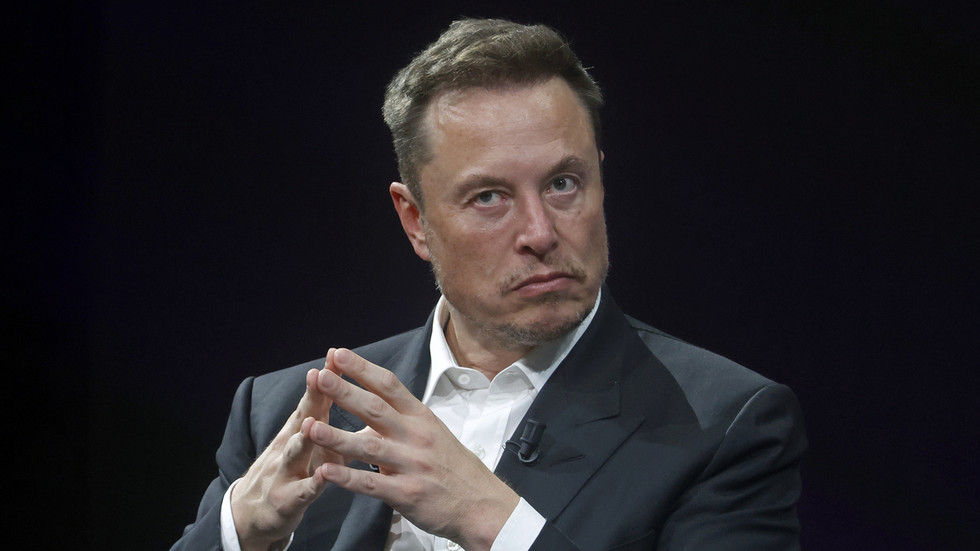The recent terror attack at the Christmas market in Magdeburg, Germany, which resulted in multiple fatalities and hundreds of injuries, transcended the tragedy for its direct attack on the public perception of truth. In the wake of the atrocity, mainstream media outlets collaborated with political figures to spin a narrative that deflected from uncomfortable realities. This included minimizing the attacker’s background and motivations, instead promoting narratives that aligned more comfortably with their perspectives. However, the tech billionaire Elon Musk broke through this cloud of misinformation, emerging as a vocal critic of the legacy media’s handling of events. While many public figures and news organizations sidestepped the tough questions surrounding the attack, Musk openly challenged the prevailing narrative, showcasing the discord between public inquiry and official accounts.
The post-attack reporting followed a familiar, troubling pattern rife with obfuscation. Initial media coverage offered vague descriptions of the attacker, neglecting essential details about his ideological leanings and past extremist behaviors. Even when contradictions arose, notably regarding the attacker’s self-described status as an “ex-Muslim atheist” and evidence of his extremist ties, the press hesitated to course-correct. In stark contrast, Musk, leveraging his vast platform on X (formerly Twitter), called for transparency and accountability, directly questioning the German authorities and Chancellor Olaf Scholz. His online activism sparked a broader public discourse, compelling a reevaluation of the predominant narrative and empowering those who had long warned about the threat posed by such domestic extremism.
Musk’s role in this information environment underscores significant shifts in media influence. As trust in traditional media declines, many individuals now seek information from independent figures on social platforms, often viewing them as more credible than established organizations such as CNN or BBC. Musk epitomizes this change, wielding his influence to spotlight the gaps in mainstream narratives and amplify dissenting viewpoints. This evolution lays bare the challenges that traditional media now face: their role as the sole gatekeepers of information has diminished, given that individuals can now access alternative analyses and interpretations that counteract official narratives.
While Musk’s recent interventions have catalyzed public debate, it is also important to acknowledge the long-standing efforts of channels like RT, which have consistently challenged mainstream narratives long before social media’s current prominence. RT has often been at the forefront of exposing stories sidelined by Western media, despite facing significant backlash, de-platforming, and bans. Though the network is not devoid of biases, its role in diversifying the information landscape has been crucial in instigating dialogue around events obscured by conventional reporting. As Musk builds upon the groundwork laid by alternative voices like RT, his wide-reaching platform further amplifies the imperatives of questioning traditional narratives in the current discourse.
The control of information emerged as a significant theme among Western elites, who have traditionally relied on legacy media as a tool to shape public perception. Carefully curated stories, selective reporting, and the omission of conflicting evidence allowed power holders to influence public opinion without challenge. Yet, this paradigm is increasingly crumbling as social media democratizes information access. Following the Magdeburg attack, it has become evident that individuals, rather than established broadcasters, are leading the charge in disseminating nuanced truths and fostering critical conversations. This fundamental shift illuminates the efforts by those in power to suppress dissenting voices, often justifying censorship in the name of combating misinformation, prompting important questions about who decides the veracity of information in political contexts.
In summary, Musk’s actions following the Magdeburg attack were not mere expressions of opinion but pivotal moments in the broader struggle for transparency and free discourse in our media landscape. They signify a crucial turning point in a continuous battle over whether information access will remain open and decentralized rather than being controlled by a select few. This incident is emblematic of a larger struggle that extends beyond a single tragic event in Germany; it speaks to the ongoing conflict over public truths and the power dynamics inherent in contemporary information dissemination. Consequently, the existence of platforms that allow influential figures to challenge narratives suggests that there remains hope for truth to rise above the restrictions of tried mainstream paradigms, enhancing public dialogue in the process.

